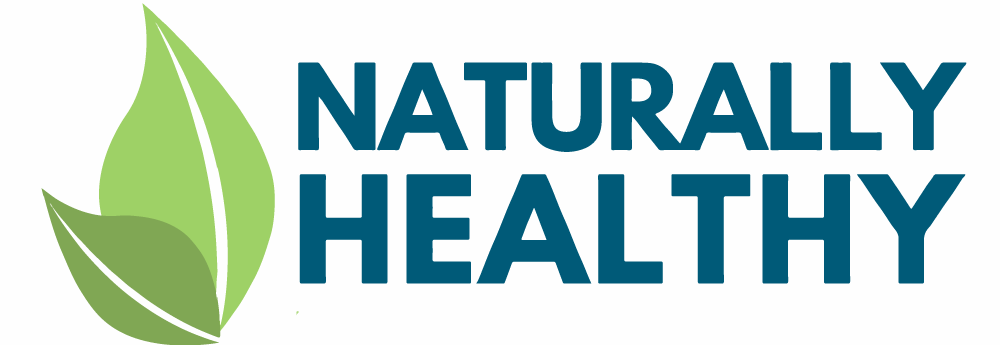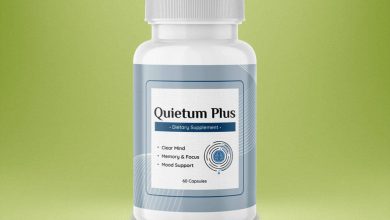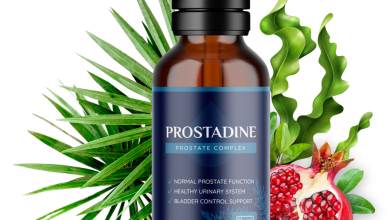What should we pay attention to in order to maintain a healthy prostate?
Prostate cancer is a common disease that affects men, with over 191,930 new cases expected in the United States in 2020 alone. While there are many factors that can contribute to prostate cancer, including genetics and environmental factors, diet also plays an important role. In this article, we will explore the foods that can be beneficial for prostate health, as well as those that may increase the risk of prostate cancer.
Beneficial foods for prostate;
- Tomatoes
Tomatoes are rich in lycopene, a powerful antioxidant that has been shown to reduce the risk of prostate cancer. Studies have found that men who consume high amounts of lycopene have a lower risk of developing prostate cancer than those who consume low amounts. In addition to tomatoes, lycopene is also found in watermelon, pink grapefruit, and guava.
- Broccoli
Broccoli contains a compound called sulforaphane, which has been shown to have anti-cancer properties. Studies have found that sulforaphane can inhibit the growth of prostate cancer cells and reduce the risk of prostate cancer. Other cruciferous vegetables, such as cauliflower, kale, and Brussels sprouts, also contain sulforaphane and may have similar benefits.
- Green Tea
Green tea contains a group of antioxidants called catechins, which have been shown to have anti-cancer properties. Studies have found that men who consume high amounts of green tea have a lower risk of developing prostate cancer than those who consume low amounts. In addition to green tea, other teas, such as black tea and white tea, also contain catechins.
- Fish
Fish, especially fatty fish like salmon, mackerel, and sardines, are rich in omega-3 fatty acids. Studies have found that omega-3 fatty acids can reduce inflammation in the body and may reduce the risk of prostate cancer. In addition to fish, omega-3 fatty acids are also found in walnuts, flaxseed, and chia seeds.
- Berries
Berries, such as blueberries, raspberries, and strawberries, are rich in antioxidants and other compounds that may have anti-cancer properties. Studies have found that consuming berries may reduce the risk of prostate cancer and slow the growth of prostate cancer cells.
Some of the things to consider for a healthy prostate are;
- Red Meat
Red meat, such as beef, pork, and lamb, has been linked to an increased risk of prostate cancer. Studies have found that men who consume high amounts of red meat have a higher risk of developing prostate cancer than those who consume low amounts. This may be due to the high levels of saturated fat and cholesterol found in red meat.
- Dairy Products
Dairy products, such as milk, cheese, and yogurt, have also been linked to an increased risk of prostate cancer. Studies have found that men who consume high amounts of dairy products have a higher risk of developing prostate cancer than those who consume low amounts. This may be due to the high levels of calcium and other hormones found in dairy products.
- Processed Foods
Processed foods, such as fast food, snack foods, and packaged foods, are often high in calories, sugar, and unhealthy fats. These foods have been linked to an increased risk of prostate cancer, as well as other diseases such as obesity, diabetes, and heart disease.
- Alcohol
Heavy alcohol consumption has been linked to an increased risk of prostate cancer. Studies have found that men who consume high amounts of alcohol have a higher risk of developing prostate cancer than those who consume low amounts. This may be due to the way alcohol is metabolized in the body and its effect on hormone levels.
- Saturated and Trans Fats
Saturated and trans fats are often found in processed foods, fried foods
What should we pay attention to in order to maintain a healthy prostate?
- Eat a Healthy Diet: A diet rich in fruits, vegetables, whole grains, and lean protein can help maintain prostate health. Choose foods that are low in saturated fat, cholesterol, and sugar. Include foods that are rich in vitamins, minerals, and antioxidants that have been shown to reduce the risk of prostate cancer, such as lycopene, sulforaphane, and omega-3 fatty acids.
- Exercise Regularly: Exercise is important for maintaining overall health, including prostate health. Studies have found that men who are physically active have a lower risk of developing prostate cancer than those who are not. Aim for at least 30 minutes of moderate exercise, such as brisk walking, most days of the week.
- Maintain a Healthy Weight: Obesity has been linked to an increased risk of prostate cancer. Maintaining a healthy weight through a healthy diet and regular exercise can help reduce the risk of prostate cancer.
- Limit Alcohol Consumption: Heavy alcohol consumption has been linked to an increased risk of prostate cancer. If you choose to drink, limit your alcohol consumption to no more than two drinks per day.
- Don’t Smoke: Smoking has been linked to an increased risk of prostate cancer. If you smoke, quitting can help reduce the risk of prostate cancer, as well as other health problems.
- Get Regular Prostate Screenings: Regular prostate screenings, such as a digital rectal exam and a prostate-specific antigen (PSA) blood test, can help detect prostate cancer early when it is most treatable. Talk to your healthcare provider about when to start getting prostate screenings and how often you should have them.
- Manage Stress: Chronic stress can have a negative impact on overall health, including prostate health. Managing stress through relaxation techniques, such as meditation, deep breathing, or yoga, can help reduce stress levels and promote overall health.
It’s important to note that while these tips can help maintain prostate health, they do not guarantee that you will not develop prostate cancer. It’s important to discuss any concerns or questions about prostate health with a healthcare provider.







